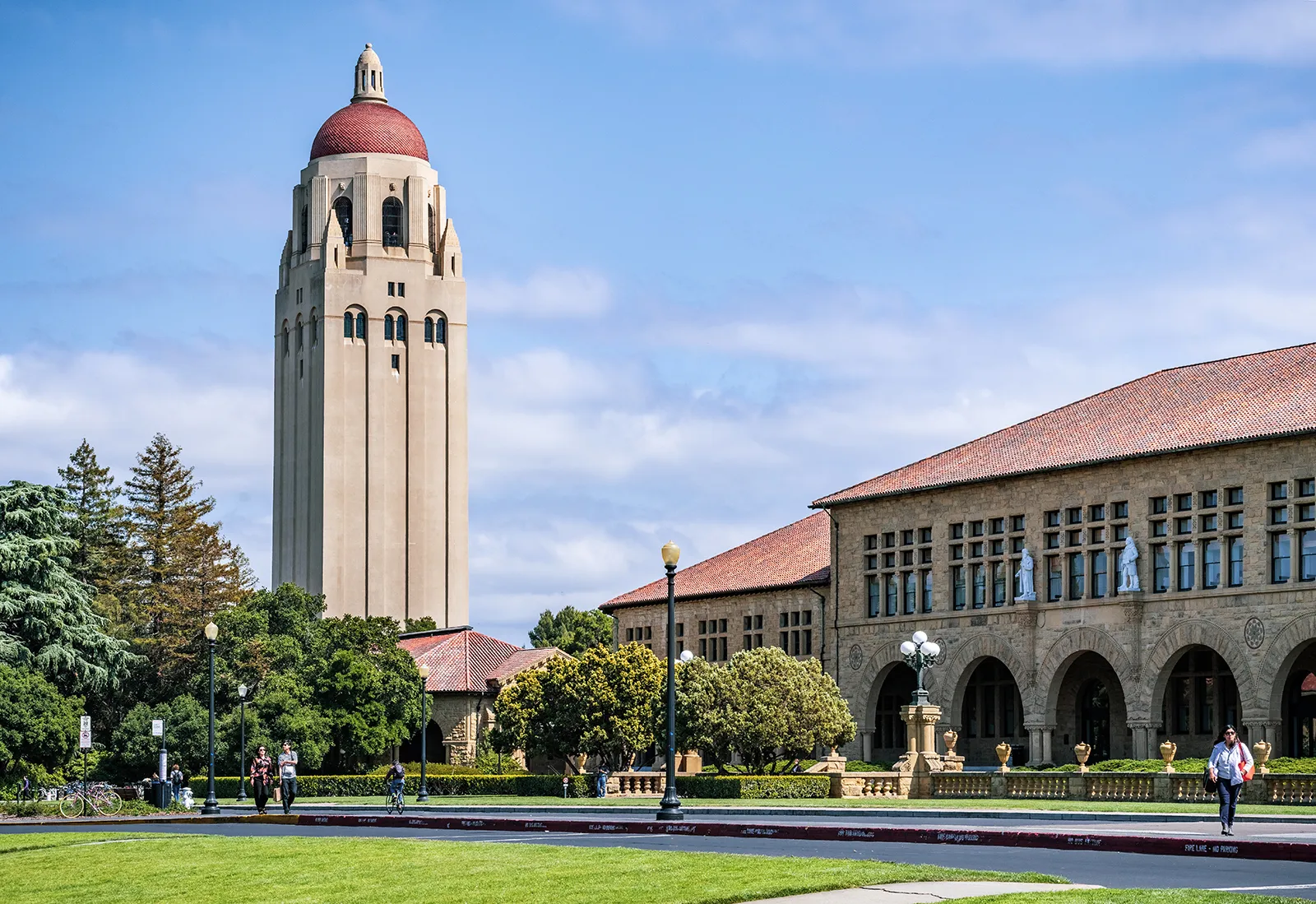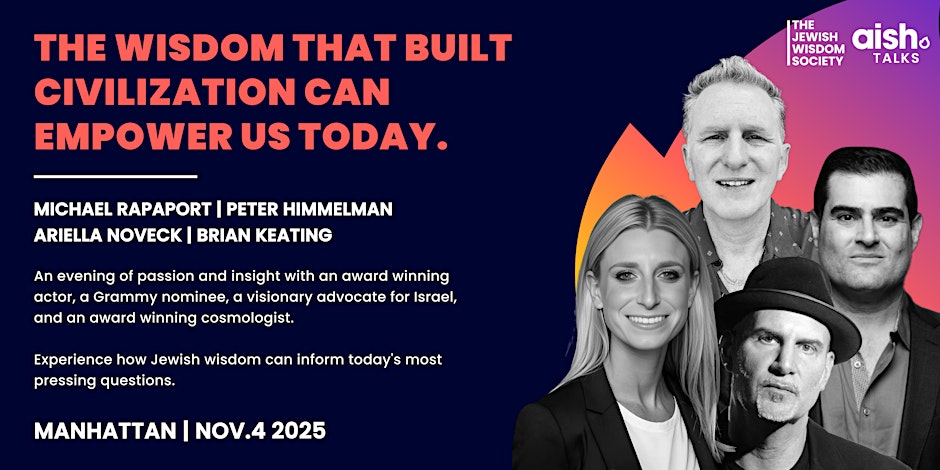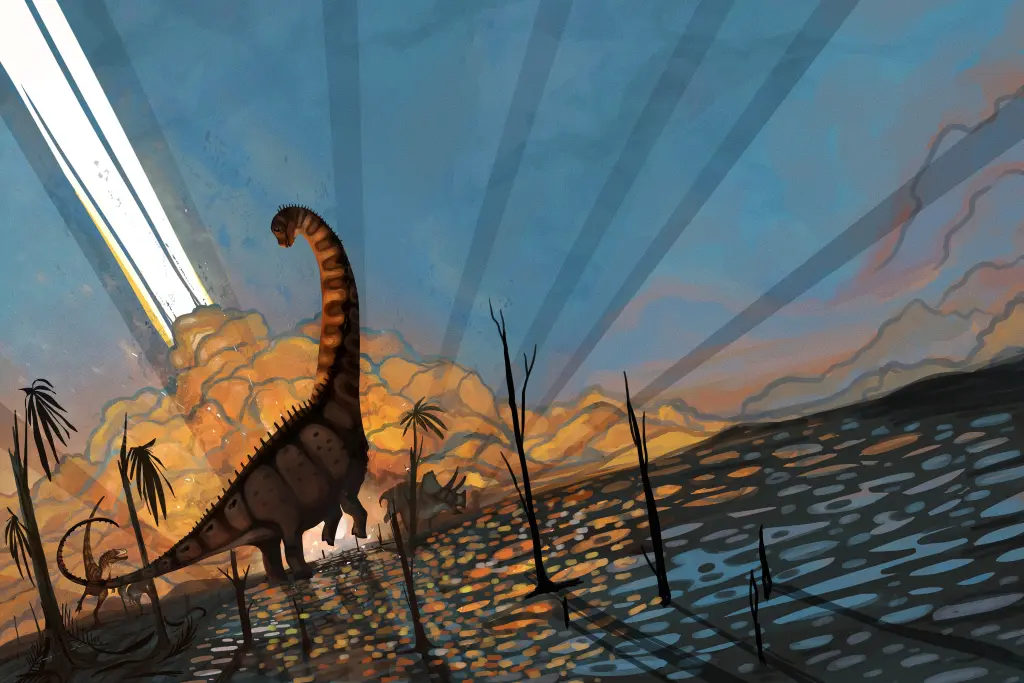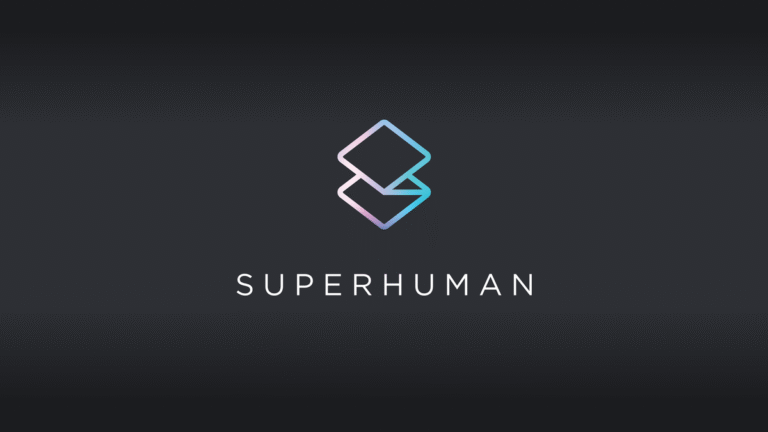Getting Fired Was The Best Thing That Ever Happened To Me
Dear Magicians,
There’s something nobody discusses at scientific conferences. Something that might be the most important thing that ever happens to you.
Failure.
Or more precisely—getting fired. It was for me.
What Actually Happened
I was fired from my first postdoc — at one of the best universities on earth — Stanford. It was my dream job that devolved into a nightmare. It was 2000, Silicon Valley was booming = not ideal for a postdoc making $32,000/year.
Fired.
It felt like watching my identity dissolve. Every assumption about myself, my capabilities, my bright future—gone.
But here’s what’s interesting.
That firing was probably the best thing that ever happened to my career and my life.
We tell ourselves this story: Get good grades. Publish papers. Get tenure. Win awards.
Linear progression.
The reality? Funding disappears overnight. Brilliant people get sidelined by politics. Research programs evaporate because of elections, university whims, or just because someone changed their mind.
Yet we persist in this delusion that failure is abnormal.
It’s not.
What Matters
When you get fired, you have two choices.
Treat it as evidence you’re not cut out for this.
Or Treat it as data.
Every failed experiment teaches you something. Why should careers be different?
The most innovative scientists I know have all been fired or rejected. What distinguishes them isn’t the absence of failure. It’s their response to it.
The Truth About Credentials
Your PhD doesn’t matter as much as you think.
Neither does your postdoc. Or that Nature paper.
These aren’t magic talismans. Some of the most transformative work happens outside traditional institutions entirely.
What to Do
So you’ve been fired.
Reflect, don’t ruminate. Understand what happened. Learn. Move on.
Get real feedback. Not comfort, but unvarnished truth.
Reframe everything. You’re not a failed scientist. You’re a scientist with data about what doesn’t work.
Follow actual interests. Not what gets funded. What fascinates you at 2 AM? Double down on that.
The Thing Nobody Says
Success in science isn’t about avoiding failure.
It’s about failing better.
Every rejection is feedback. Every dead end teaches something. Every setback forces you to question hidden assumptions.
These aren’t feel-good stories. They’re data points: The path to breakthrough is never linear.
What Success Looks Like
The most interesting scientists have weird CVs. Gaps. Detours. Papers nobody cites.
But they’re doing the work that matters.
Getting fired forces you to ask: What actually interests me? What assumptions am I making? What would I do if I couldn’t fail?
Sometimes the best discoveries happen when you least expect them.
Stay curious.
Until next time, have a M.A.G.I.C. Week,
Brian
Appearance
Come see me at Aish Talks on Nov 4 2025, in Manhattan.
The event unites actor Michael Rapaport, musician Peter Himmelman, and journalist Ariella Noveck for an evening of Jewish wisdom, insight, and passion. Through TED-style talks and a cocktail reception we will explore how Torah ideas illuminate today’s challenges—addressing unity, truth, and resilience after October 7.
Hosted by Aish, 7 PM EST, MCM Creative Studios. Tickets $108.55.
Genius
Wow. Scientists have found that Dinosaurs thrived in North America before the mass-extinction asteroid strike.
Image
What will become of these galaxies?
NGC 5426 and NGC 5427 are passing dangerously close to each other, but each is likely to survive this collision.
Conversation
In this episode, I sit down with Michael Levin, distinguished biologist and director of the Allen Discovery Center at Tufts University, for a mind-bending conversation that challenges everything we think we know about life.
What if cells, taken from frogs or even human patients, could organize themselves into swimming biological robots—creatures with no genetic modifications that can heal neural wounds, self-replicate, and pursue goals in ways we’ve never seen before?
Sponsored
This edition of the Monday M.A.G.I.C. Message is sponsored by Superhuman.
Ever feel like your inbox is a black hole? No matter how much you scroll, the unread count just keeps growing. Deadlines vanish past the event horizon. That urgent collaborator message? It’s out there somewhere — but finding it is harder that herding thousands of Schrödinger’s cats.
You’ve tried AI add-ons before. But let’s be honest — they’re slow, clunky, and the drafts sound like they were written by a grant reviewer who skimmed the abstract. Searching for one important email feels like scanning the cosmic microwave background, hoping your signal isn’t just dust.
What if your inbox didn’t fight you… but worked for you?
That’s the transformation with Superhuman: the leading AI-native email app. Superhuman thinks like your best executive assistant — one that never misses telescope time proposals, never forgets referee replies, and always knows what matters most.
From thousands of unread emails to automatic organization: Auto Labels and Auto Archive clear the clutter. Split Inbox keeps urgent messages in focus. And Superhuman Calendar, Instant Event and Ask AI make scheduling seem like magic.
From missed opportunities to automatic follow-ups: with Write with AI, drafts materialize faster than a pulsar heartbeat, perfectly in your voice. Auto Reminders and Auto Drafts mean you never drop the ball — even if your collaborators take their sweet time collapsing their wavefunction.
This is the emotional shift I’ve experienced: from stressed and overwhelmed to in control and mentally clear. No more inbox singularity. Just focus, clarity, and time back to finally read the paper you’ve been citing without opening.
Escape the gravitational well of email. Experience the Superhuman transformation.
Get started with 1 month of free Superhuman today, using my link: https://try.sprh.mn/briankeating




